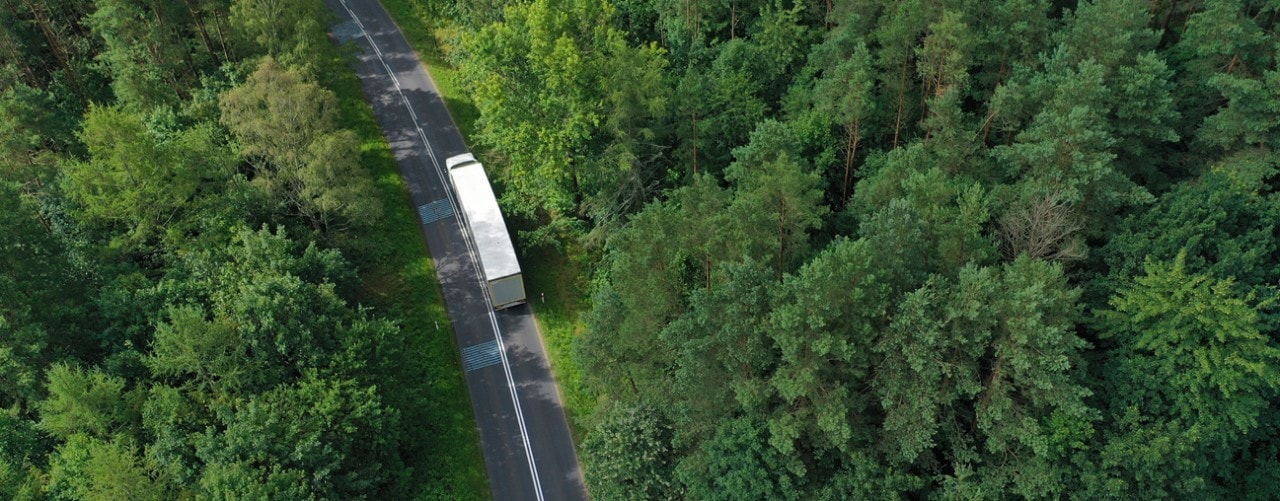Getting your supply chain ready for the future of transport
There is a lot of change happening in the logistics industry with the future of transport requiring a rethink on many elements of existing services and systems. From green ideas through to connected fleets there are many different elements that could potentially have an impact on the supply chain of the future. These are some of the considerations to bear in mind when it comes to ensuring that your supply chain adapts.
Integrating new technology
A wealth of technology exists today to help businesses be more ready to accommodate the future of transport. AI and automation are already having an impact right along the supply chain, especially when it comes to increasing efficiency. Autonomous vehicles and the use of drones have also started to make an impact – perhaps most prominently at companies like Amazon – and have a great deal of potential to improve performance right along the supply chain.
The quest for flexibility
The future of transport is one in which responsiveness and agility are prioritised over generic services. It’s becoming increasingly essential to be able to customise transport and logistic options on an individual basis, introducing more flexibility and accommodating niche offerings. Supply chains will need to adapt in many ways such as providing more responsive fulfilment and inventory management.
Sustainability
The issue of sustainability is no longer just a ‘nice to have’ for most sectors. Consumer demand is refocusing along the lines of green interests and ethical choices and this is forcing many industries into making sustainability much more of a priority. In the context of the supply chain there are various different ways in which sustainability can be incorporated to be better prepared for the future of transport. A major consideration is the use of consolidation centres. Cities in the UK have started to introduce transport bans in central areas and London already has an emissions zone in place. As this trend towards prioritising reduction in air pollution continues consolidation centres are going to become key to supply chains. Consolidation centres can not only help to reduce traffic but also help to solve existing warehouse space issues. They tend to be located in strategic out of town locations and offer opportunities for more sustainable practices through greater efficiency, such as optimising loads and scheduling.
Green transport
The increasing focus on green transport options isn’t only limited to domestic vehicles. Electric and zero carbon vehicles are also going to play a big role in the commercial side of the future of transport and are a key consideration in supply chain concerns. Electric trucks are also predicted to make a big impact – by 2025 the market for electric trucks and light, medium and heavy-duty hybrids is forecast to reach annual sales of 2.25 million.
The future of transport is going to demand a shift of many businesses but could also have a lot of advantages, from greater efficiency to more sustainability. These are some of the key components in prepping your supply chain to respond to the need to change.

Leave a comment